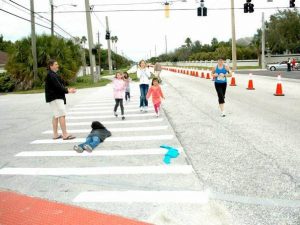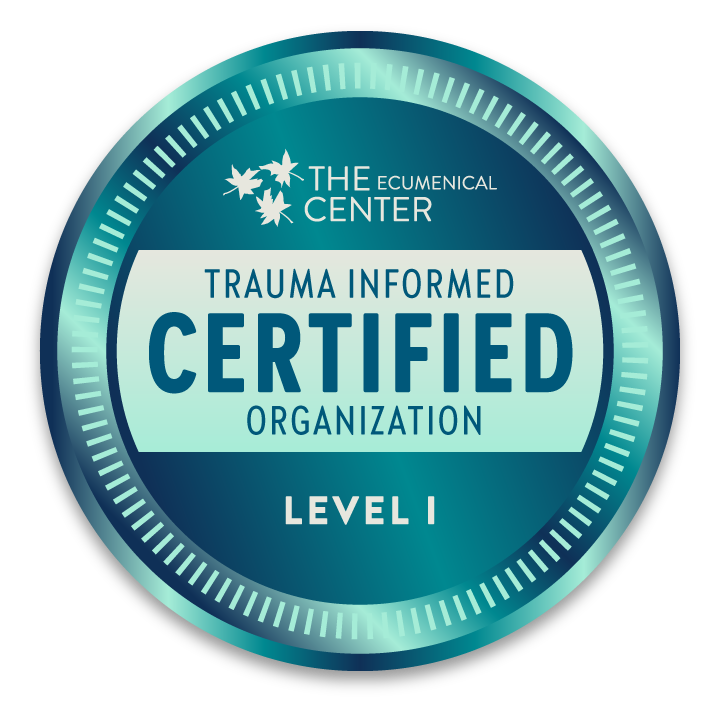To mark my 40th birthday, I decided to run a marathon. My husband and children were supportive of my dream, but I trained without them. My training was hard and long, but on the morning of the race, I felt prepared for the grueling run. I expected to finish in under four hours, and I was fairly certain I knew how hard it would be. Besides, I knew my family would be there to cheer me on.
The first half of the race went fairly well, but as I crossed the halfway mark, I realized that my time goal was slipping away. By mile 16, I hurt, I was miserable, and I was not sure that I could even finish. I knew that my family would be at mile 20, and I was certain they would give me the encouragement I needed. So, I pressed on. At the 20th mile marker, my husband and children waited for me. Some of my children clapped and yelled, “Great job, Mommy!” While well-intended, this kind of encouragement was unhelpful as I felt like I was embracing death. My husband could tell that I was not doing well, especially because I should have reached that 20-mile mark 30 minutes earlier. With a less than enthusiastic “golf clap,” he yelled, “You are a little behind where you wanted to be, right? Here’s some water.” I was unappreciative of the reminder that I was on a road to failure and water certainly wasn’t what I needed to eliminate the misery. To make a less than supportive situation worse, I spotted one of my daughters lying on the pavement. As I ran past her she yelled, “Mommy! Hurry up! I’m really tired.”

I like to use this analogy when talking to foster and adoptive parents about the support they receive after their children arrive home. You see, I thought that the people who loved me most in the world would be the the most supportive during the race. The daughters giving the unhelpful, empty cheers certainly didn’t help me press on. The husband reminding me of my impending failure made me wonder if I should quit. And the daughter telling me how tired she was? She actually made me never want to walk again!
In foster care and adoption, we think that our family, friends, church, and community should be the most supportive people on our journey, but, often times, they are the very people telling us that foster care and adoption is too hard and that we should quit. I believe that this dichotomy is rooted in this one simple fact: those people haven’t fostered or adopted. Just like my husband and children had never run one mile, let alone 26.2 miles, support networks who haven’t navigated the waters of trying to attach to a child from a hard place are going to be more discouraging than encouraging. I should not have expected my family to provide meaningful support in the midst of a marathon crisis because they didn’t have a clue as to how I felt, where I was going, or what I was facing. Their well-meaning advice was hurtful and not helpful.
Does this mean that we isolate ourselves from every person who has never experienced foster care or adoption? Of course not. What it does mean is this: when you are in the hard days of a placement (your proverbial mile 20), the most meaningful help, advice and support is going to be from other, more seasoned foster and adoptive parents further down the road than you are.
Who is going to support you? If you are in the hard days of raising a child from a hard place, seek out some parents who have finished the marathon you are running. They, with a listening ear and understanding heart, will be equipped to give you the advice you need to persevere.
If you are in the South Texas area, the South Texas Alliance for Orphans is a great resource to find a local support group.
Parents outside of Texas can go to CAFO or Promise 686 to find support groups in your area.
As always, Chosen can help you with resources as well.













